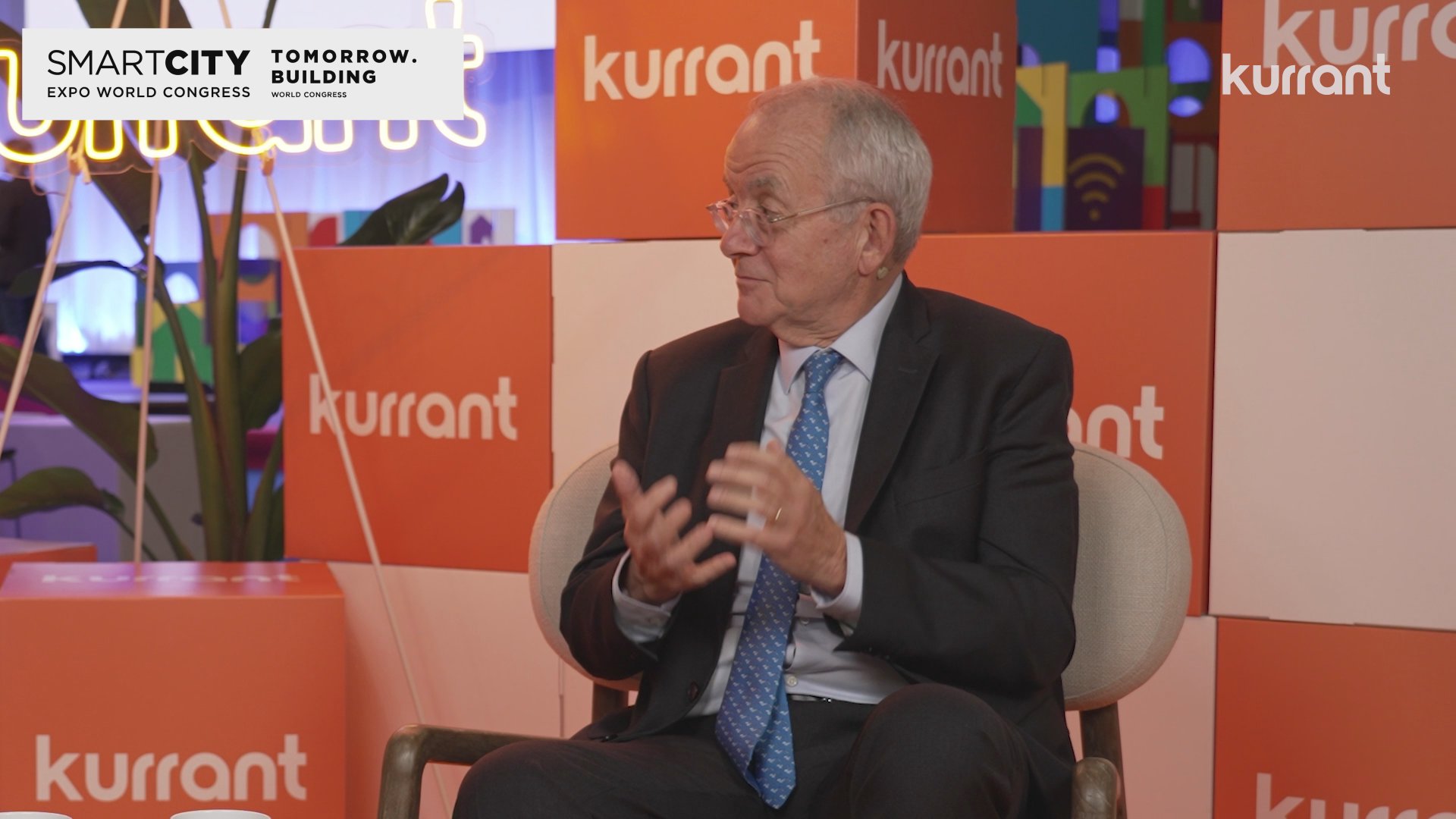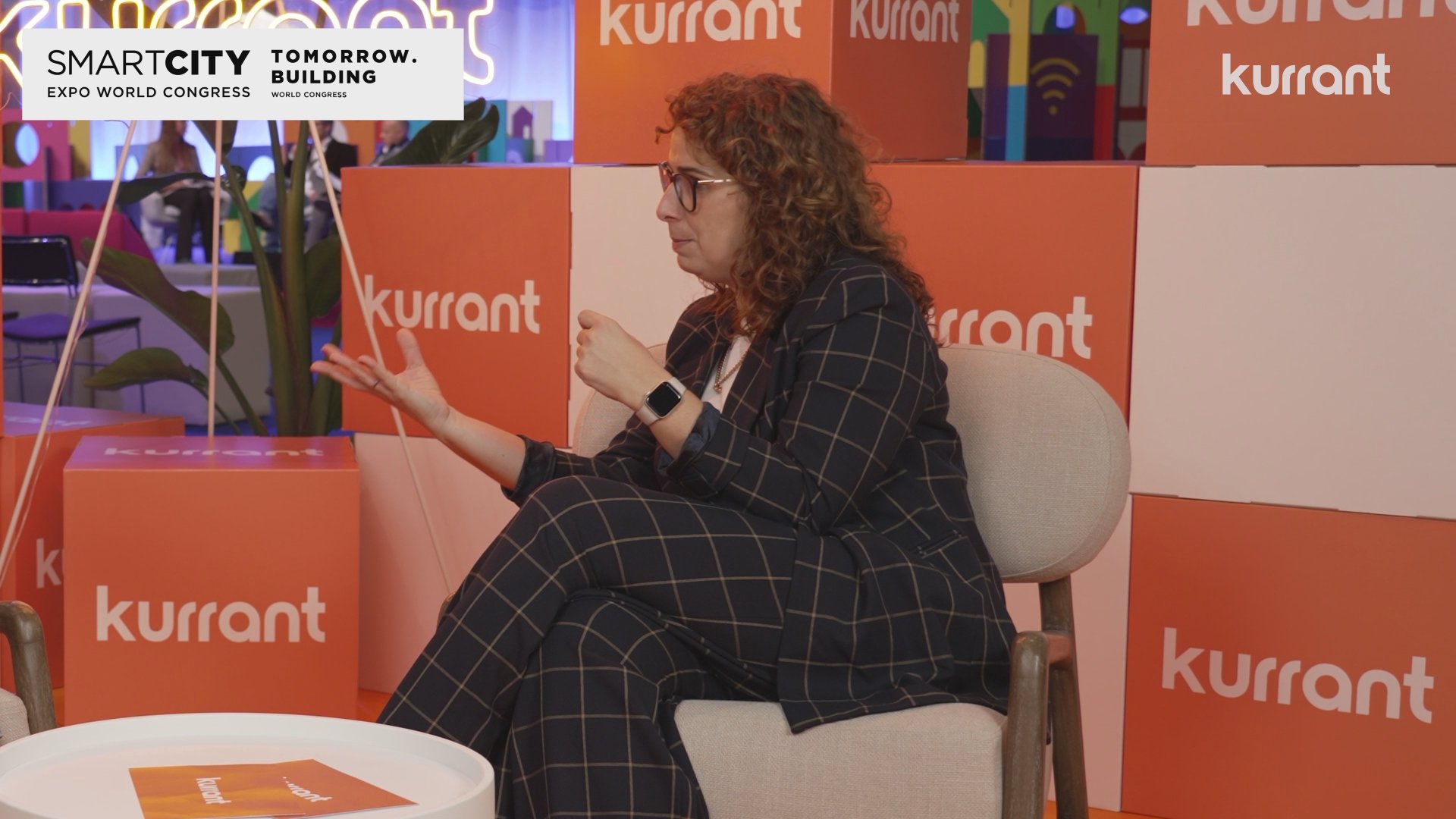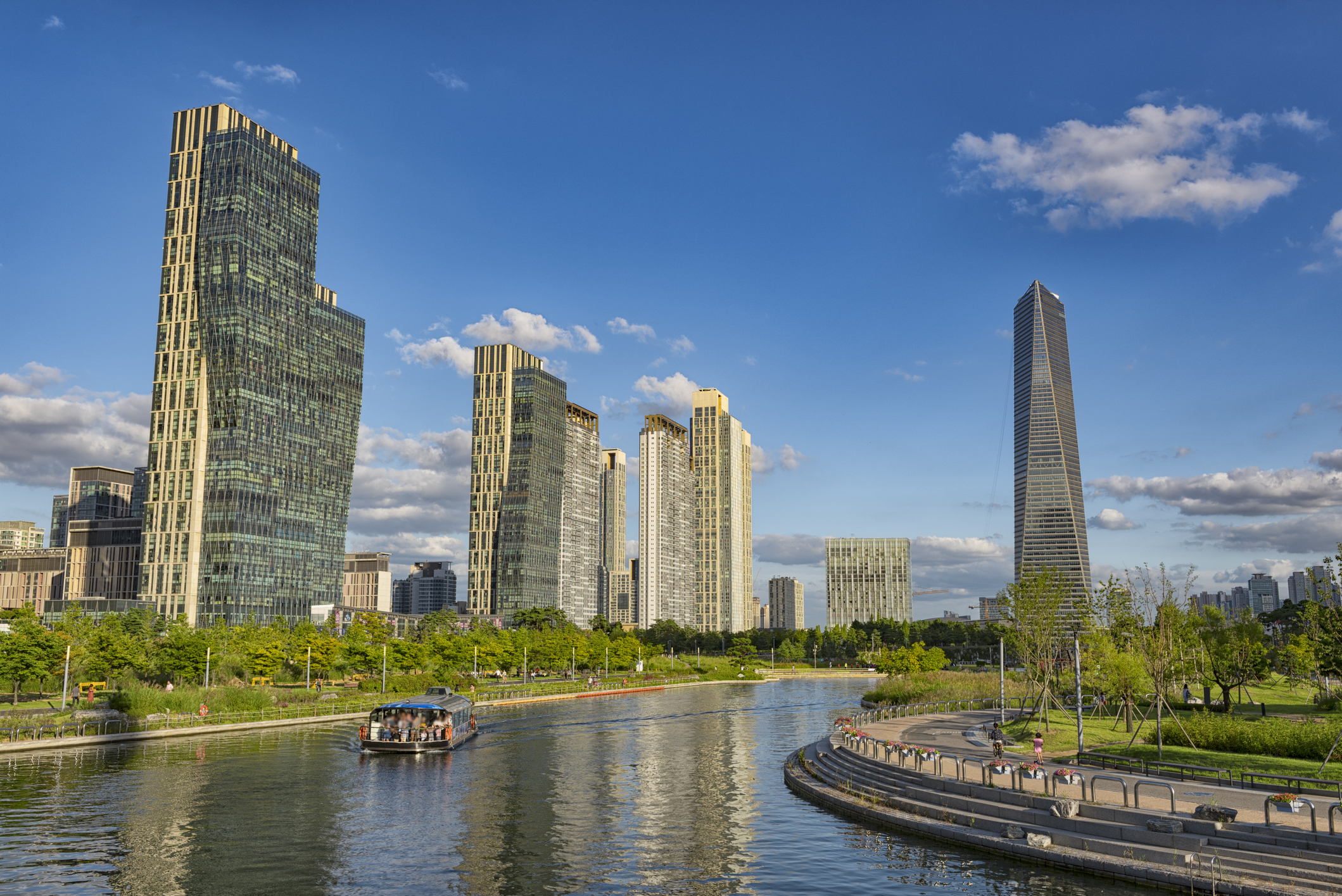Author | Arantxa Herranz
E-purchasing, commuting, leisure visits… We keep adding more information to what we know as big data. And when all this information is public, open and accessible by any individuals or entities, it is called open data. In cities, these data offer an opportunity to improve the efficiency, productivity and creativity of the city councils that own these data and the companies and entities that are capable of using them.
Although it began as a gentle tide, the truth is that a growing number of governments, private companies and cities are joining the open data trend. Particularly because the benefits (and the value) of shared data are increasingly clear. Open data programmes and policies can do a great deal to help cities to be more efficient, sustainable, resilient and prosperous, and more receptive to citizens’ requirements and more transparent in their transactions.
From preventing disasters to saving money

But, how can all that data be used to improve cities? There are plenty of success stories and in very different areas.
For example, in Nepal, data about schools and health facilities were used to create maps with the areas most affected by natural disasters, which has helped save lives.
Another very different case is that of various government agencies in the United Kingdom. All these administrations were spending money on the same things without even knowing it.
By using and cross-referencing these open data they realised where there were duplicities and they were able to prevent these, resulting in the subsequent savings.
Meanwhile, the Baltimore Open Air project obtains data about air quality through sensors called WeatherCubes. These data are used to monitor certain climate variables (such as temperature, humidity, the ozone and nitrogen dioxide) to reduce air contamination.
The FixMyBerlin app presents a map that uses real time data to show advancements in infrastructures designed for bicycles in the German capital divided into four categories: concept, planning, under construction and finished. The Happy Bike Index on the same app shows where you can cycle safely and where it is dangerous for cyclists.
The power of the people
These open data also help improve citizen engagement and a sense of community. Mexico, for example, has the Improve Your School project. Funded by the Mexican Institute for Competitiveness (IMCO), it is a platform offering information about school performance, designed to help parents choose the best option for their children. It also enables them to demand better quality education and offers them tools to get involved in their children’s education. It also provides school administrators, politicians and NGOs with data to identify areas that require improvements.
Uruguay has the A Tu Servicio (At Your Service) initiative, empowering citizens to make data-driven decisions on healthcare. Each February, they can decide whether or not to change their healthcare provider. In the country’s mixed public-private healthcare system, various factors affect the decision-making process: the location of the healthcare provider, the number of doctors and paediatricians available, opening hours, etc.
Another way that citizens can participate is through ‘hackathons’, such as those organized in Scandinavian cities under the name of Nordic Open Data Hackathon. Organizers invite participants to use existing open datasets to create AI applications that meet sustainability requirements.
How are open data collected?

Sensors
The Connected Parks project in the town of Morrisville installed IoT sensors to detect water logging and excessive moisture on its football fields. If they are too wet for play, the sensors activate the immediate closure of the park gates and users are informed through digital notifications and text alerts.
As part of the Weather Together project in the Australian city of Geelong, a group of volunteers has installed weather sensors in their homes or workplaces. This initiative aims to offer a real-time depiction of temperature and weather conditions throughout the entire city, considering the significant variability in weather across different areas of the city.
Surveys
Since 1996, San Francisco has been actively soliciting feedback from its residents regarding their satisfaction levels with the government, libraries, parks, security, policing, public services, and the condition of its streets and ten uses this feedback to guide decision making processes.
Satellites
Images taken from space provide a panoramic view of the city. URSA (Urban Reporting based on Satellite Analysis) performs diverse measurements and has access to historical records of satellite images documenting the progression of urban expansion over time. It also identifies heat islands with high spatial precision and performs calculations for carbon footprints.
Chatbots
Many cities are adopting AI-based chatbots to address the needs and inquiries of their citizens. On the Los Angeles City council website, users are greeted by CHIP, the city’s virtual bot powered by Microsoft. Residents can request information about air quality or waste collection timetables.
Chatbots undergo training using textual data sourced from municipal websites, FAQs, public transport timetables, municipal services and events, geospatial data and user comments.
Challenges of open data

For this collaboration between citizens and residents to be a success, the following scenarios should be considered:
- Digital literacy
Not everyone possesses the knowledge and competence necessary to navigate complex datasets or utilize the provided tools. Reducing this digital divide is crucial for society as a whole to feel included and represented. - The challenge of privacy and security
Initiatives that use open data must strike a delicate balance between openness and the protection of individuals’ privacy rights, since inadequate management of this information could have undesired consequences, such as identity theft, discrimination or surveillance. - Quality before quantity
The aim of open data platforms is the creation of value. The trend of “datafication” has permeated most sectors, driven by the obsession to generate ever-increasing volumes of data without the backing of a sustainable structure or granularity.
Standards for municipal open data
This open data trend in cities is so powerful that the World Council on City Data (WCCD) has been created. The aim of all these cities forming part of this organization is to improve the services and quality of life in cities thanks to these data. Barcelona, for example, is one of the cities that, thanks to its open data portal, is considered a Platinum member.
There is also an international standard, the ISO 37120, which certifies the sustainable development of cities.This regulation was published in May 2014, and it was the first international standard on city data.
This new international standard was developed using the framework of the Global City Indicators Facility, which has been tested in over 250 cities worldwide. ISO 37120 defines and establishes definitions and methodologies for a set of indicators to steer and measure the performance of city services and quality of life.
The standard includes a complete set of 100 indicators, of which 46 are basic, and measure the social, economic and environmental performance of a city.The indicators are classified in 17 subjects about city services and quality of life: economy, education, energy, environment, finances, response to emergencies, government, health, leisure, safety, refugees, waste, telecommunications and innovation, transport, urban design, energy and water efficiency and health.
Thanks to public-private collaboration, the management of these open data and the processing thereof, can help city councils to manage and make informed decisions through data analysis, from an objective reference point.
The aim is for municipal governments to have a better return on their investments and for these data to also enable plans and frameworks to be drawn up that foster sustainable urban development.
And, of course, for all of this to be assessed again with new data, so the impact of infrastructure projects on the general performance of a city can be analysed.
Imágenes | Pexels, Wesley Tingey, Nicholas Cappello, taichi nakamura






















































